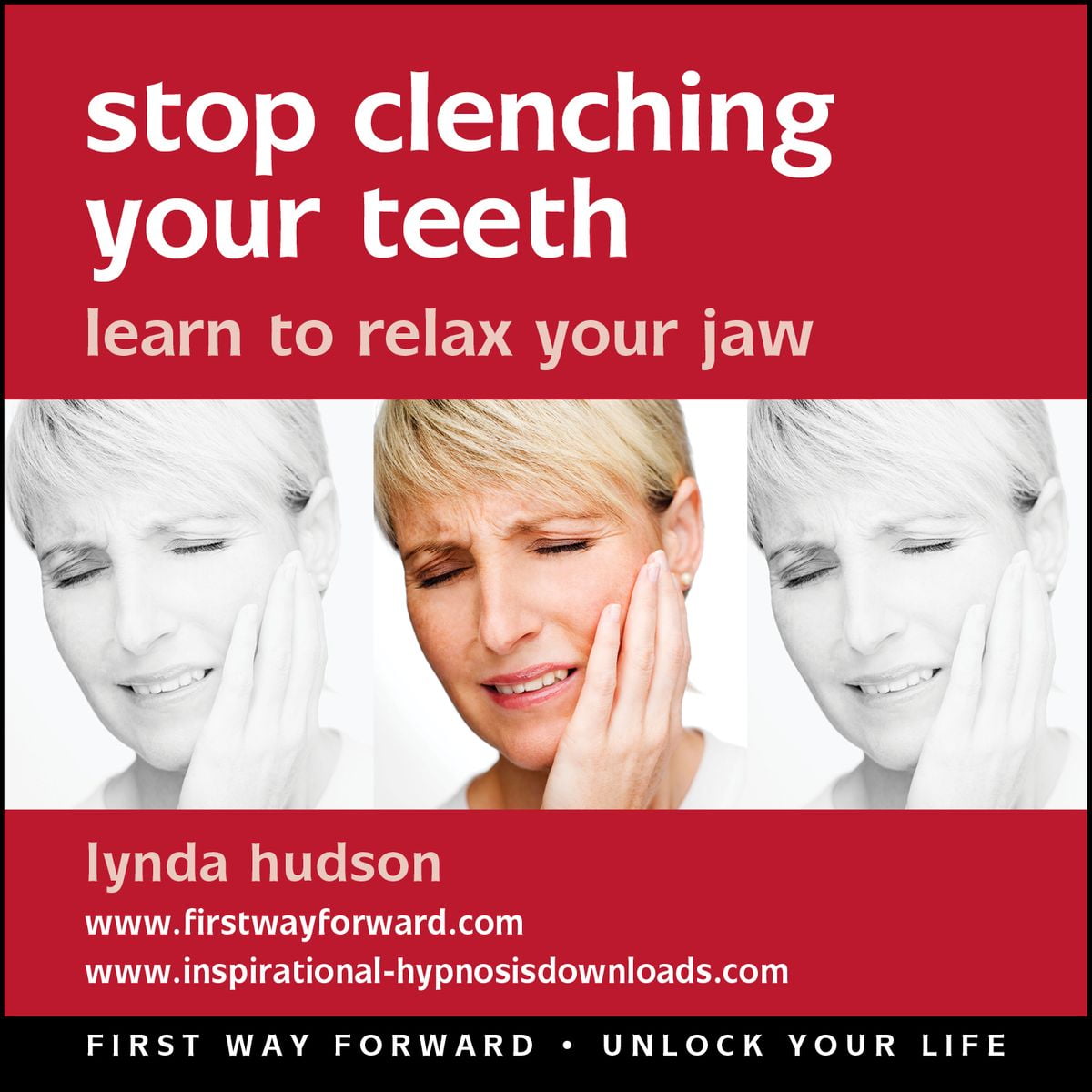Sensational Info About How To Stop Clenching My Teeth At Night

If you see any of these.
How to stop clenching my teeth at night. Impressions or indentations on your tongue. Perform a relaxing routine before bed, such as light yoga, a warm bath or a cup of herbal tea. People who clench or grind their teeth (brux) during sleep are more likely to have other sleep.
Medically reviewed by colgate global scientific communications. Night guards are designed to provide a cushioning barrier between your upper and lower teeth, preventing the damage caused by grinding or clenching during sleep. Damage to teeth like flattening, chipping, or even fractures.
Johns hopkins medicine notes that for some people, resting your tongue upwards on the jaw while keeping your lips closed and teeth apart can help, too. Bruxism is a problem in which you unconsciously grind or clench your teeth. Try to improve your sleep by going to bed at the same time every night,.
This can happen during the day, but it often. Some people say that placing a warm cloth over their jaw as they go to sleep helps. Bruxism is clenching, grinding, or gnashing your teeth, either while.
An orthodontic device ( mouthguard) may also be used in the short term to minimize any tooth damage caused by teeth clenching during sleep. If you see any of these. What is awake bruxism?
Sore jaw or facial muscles. Sore jaw or facial muscles. Counseling can help you learn to manage intense emotions, which may also.
Avoid stimulating substances in the evening. If you only brux (grind or clench) during waking hours, you might not need treatment — especially if you can find ways to increase your awareness. Bruxism is a condition in which you unconsciously grind or clench your teeth, according to johns hopkins medicine.
Impressions or indentations on your tongue. Activities that reduce stress, like yoga and meditation, may help lessen daytime teeth clenching. You may clench and grind your teeth during the day.
Jaw pain that can extend to the ears, nose, and mouth on one or both sides. Do you suffer from headaches and tired facial muscles when you wake. Don't drink caffeinated coffee or caffeinated tea after dinner and avoid alcohol during the evening, as they may worsen.
Or, at night while you sleep. Awake bruxism, also called daytime bruxism, is a condition where you grind, gnash, or clench your teeth while awake this may be.
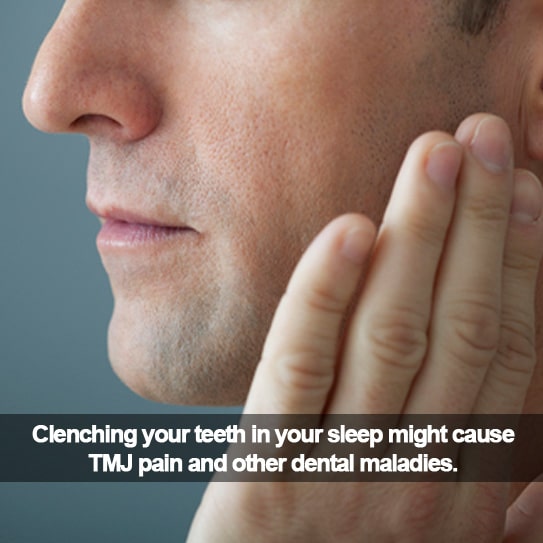


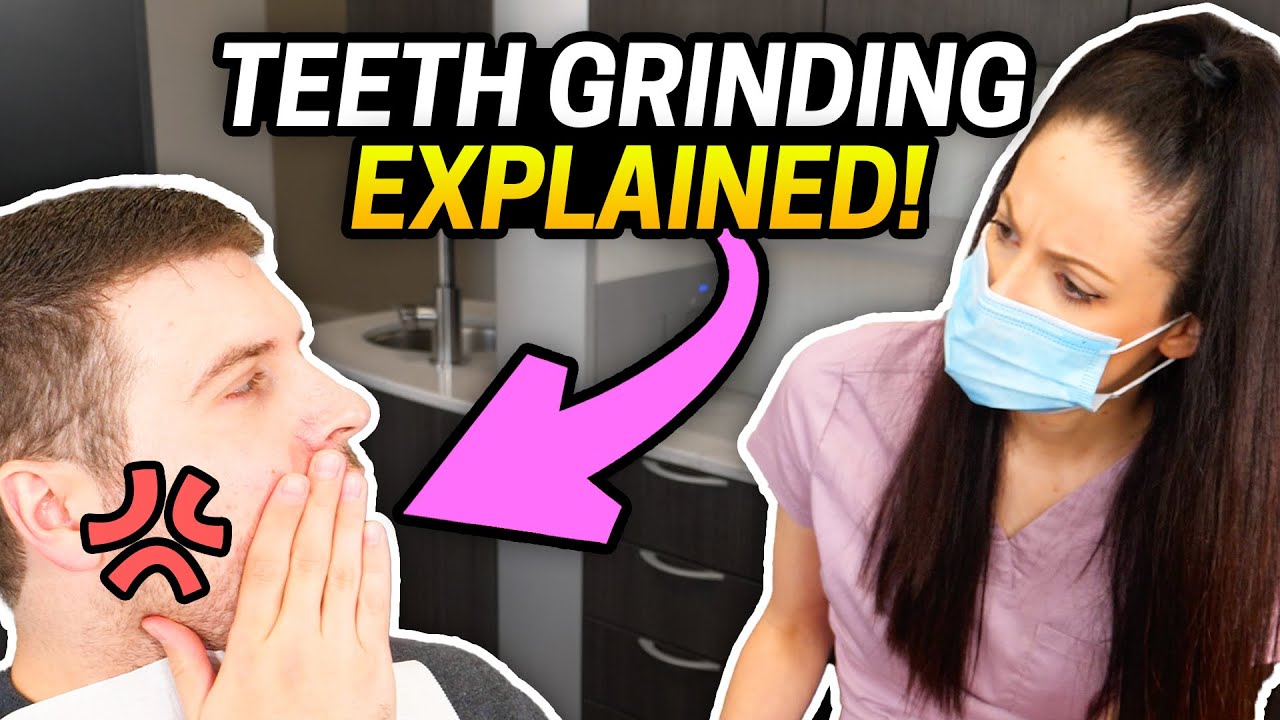

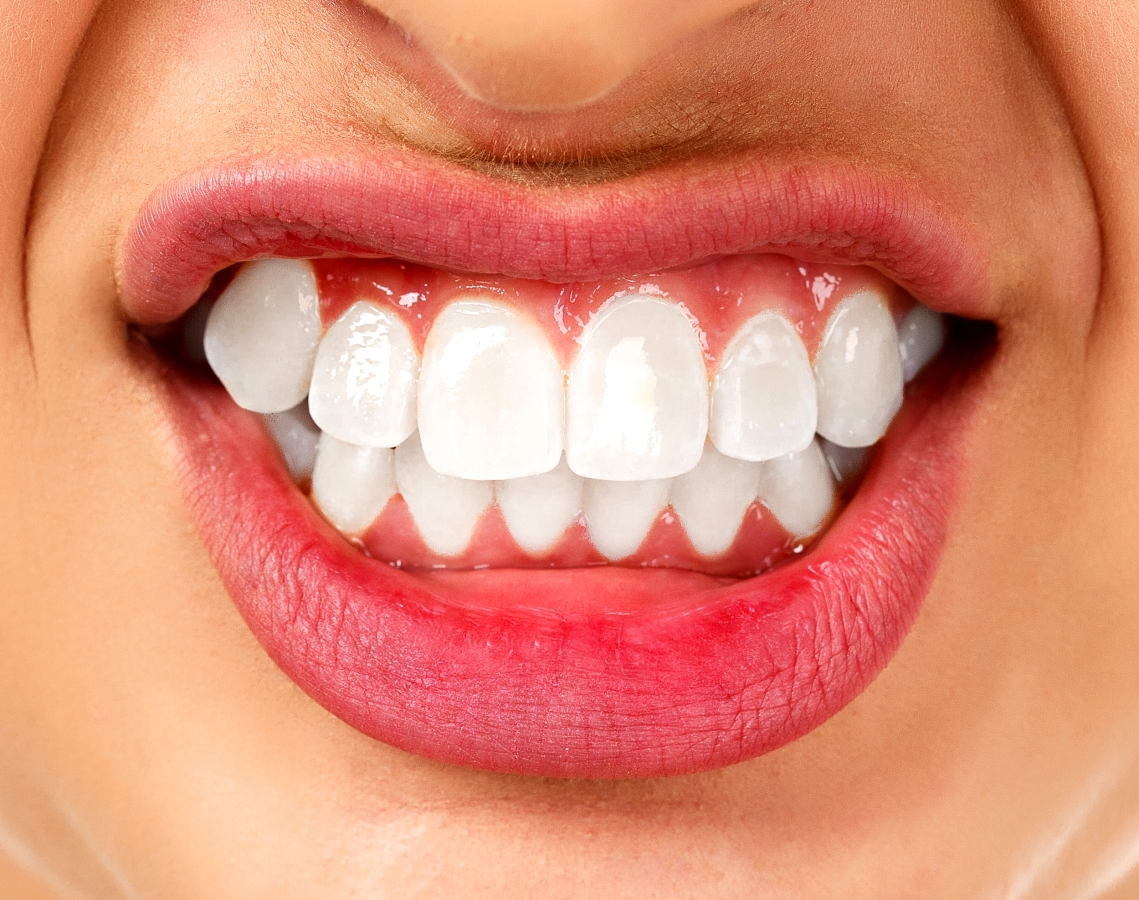
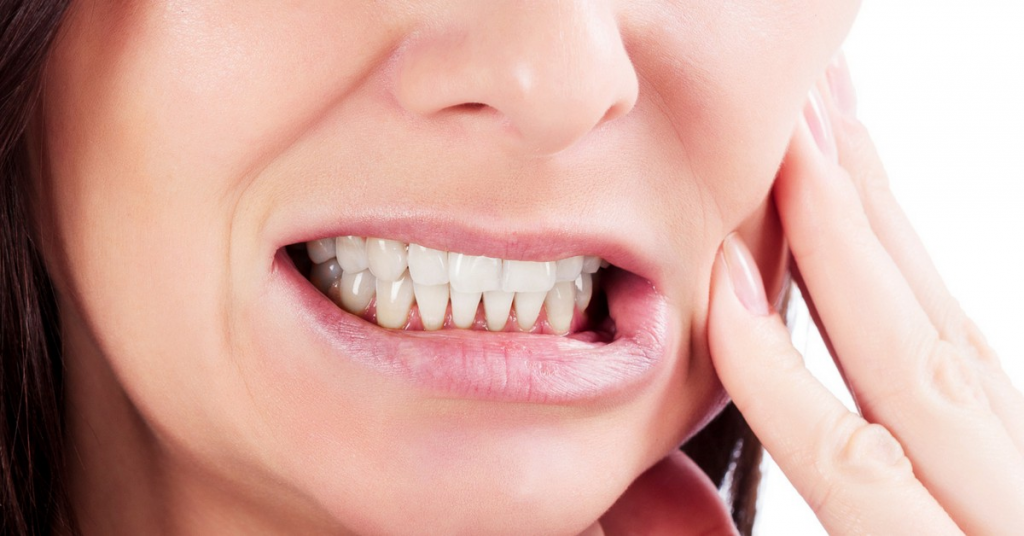
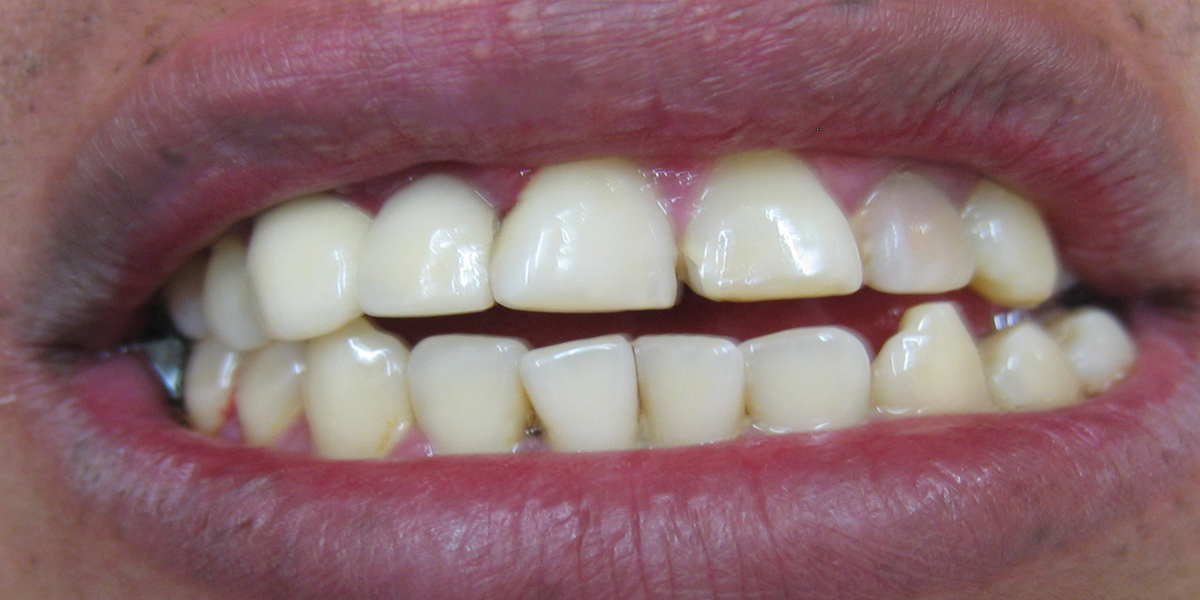

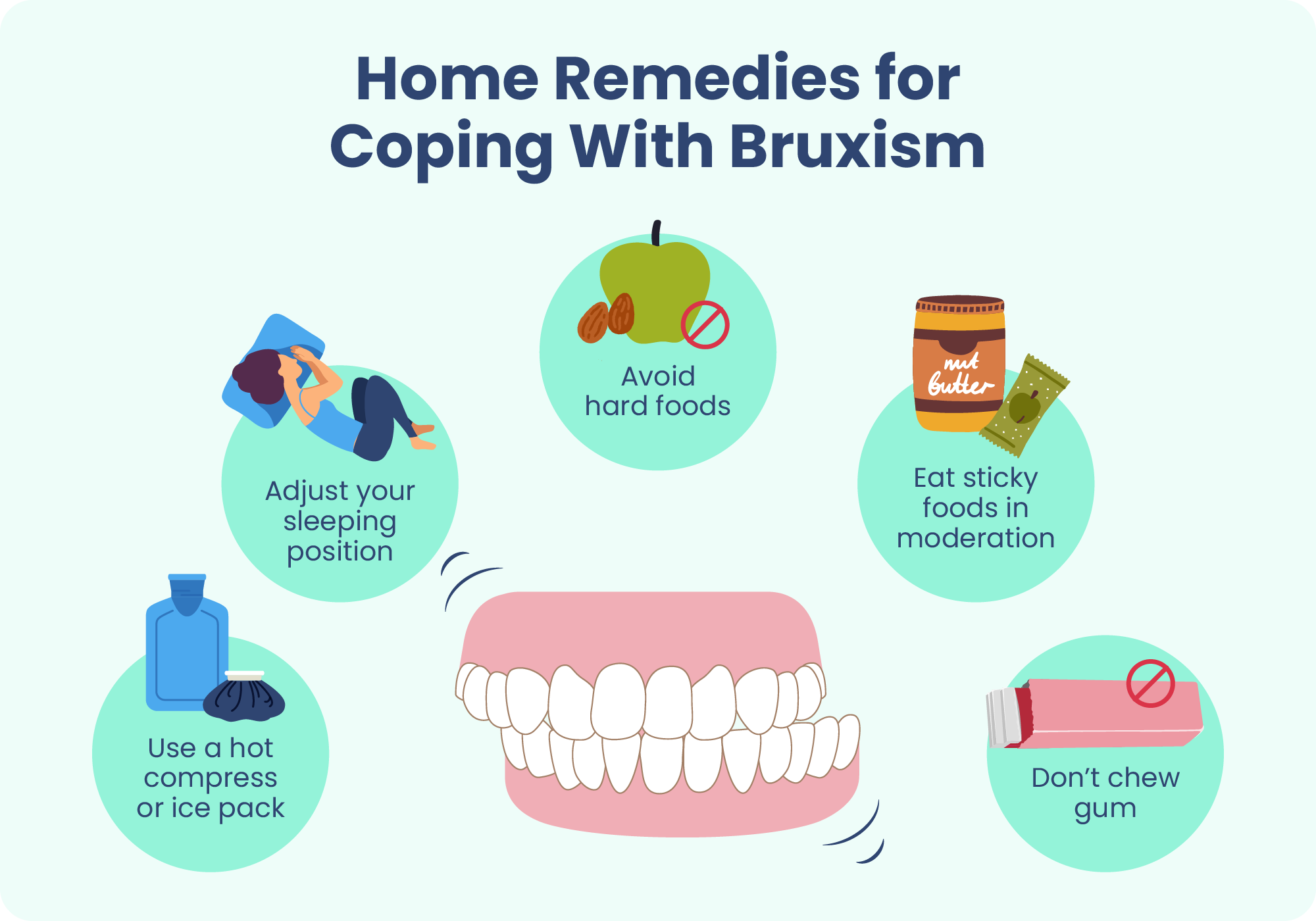




![How To Stop Grinding Teeth At Night With Mouth Guards [2018] YouTube](https://i.ytimg.com/vi/EYIjI_zOxVE/maxresdefault.jpg)



